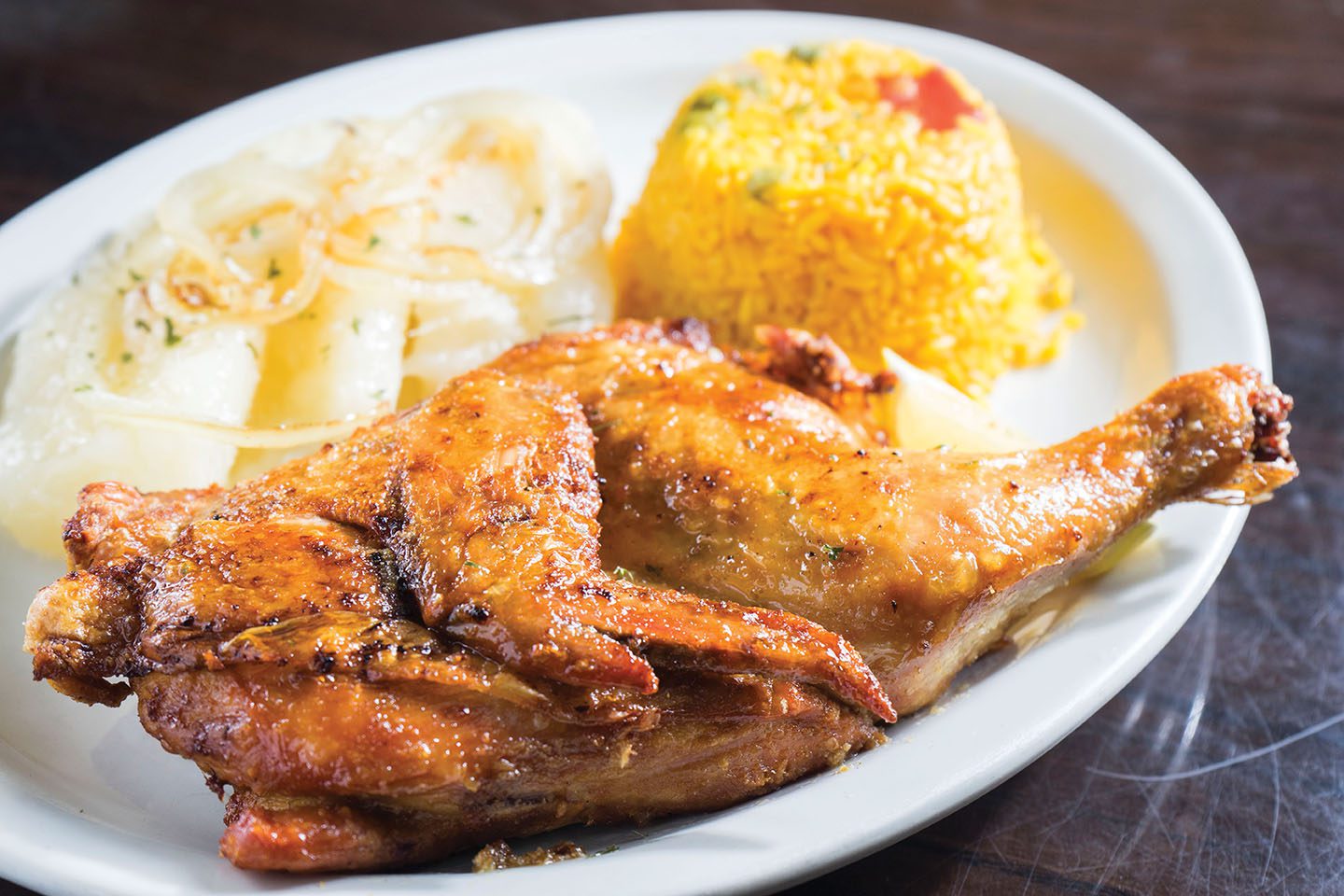My eight tips for thinking like a food critic:
#1: Don’t rely on one source, especially an opinion-based review site. Ask friends or a hotel concierge for recommendations, read a guidebook, or pick up a local magazine or newspaper even before scouring the Internet.
#2: When the competition pool is smaller, the truth outs much easier with peer reviews. If you look at Bonita Springs restaurants on any consumer ratings site, the top two are no-brainers: Wylds Café and A Table Apart. Same goes for Sanibel Island. (Estero is a strange case because of the high number of chains, but you can immediately spot the independent businesses.)
#3: Know that most people writing online are concerned with 1) service, and therefore ego is often involved—either happy reviews from it being stroked or scathing reviews from it being bruised—and 2) value, which is how a cutting-edge yet pricey eatery might have lower scores.
#4: If you can’t make up your mind with a handful of places that seem comparable, a good barometer is to look at the below-average reviews—you’ll see what people complain the most about. If there are several “Food’s great but service is awful,” it’s safe to say it’s probably a decent place and they might have had a few "off" nights.
#5: Say thanks to people who write five-paragraph treatises online because you can glean basic facts that might not be on a restaurant’s website: If you absolutely want to sit outdoors under a fan, quickly scroll to see if the restaurant has a covered patio, or if you hate techno music, check to see if there’s a soundtrack of thumping bass behind every meal.
#6: Understand when looking at restaurant websites that with the right photographer, anything can look amazing. If ambience or food presentation matters big-time in your book, browse user-submitted photos on sites like Yelp or TripAdvisor. Smartphones are a great equalizer.
#7: If you’ve narrowed your search and one or two reviews stick out like a sore thumb, look at those profiles: Has he or she written more than one or two reviews? (If people are trying to game the system, that’s how it’s done—or they write hundreds from disparate cities like Vienna, Istanbul and Dallas in the same time period.) Are they your age? Are they from a big city or a rural area? Look at where else they are reviewing; if they’re complaining (or raving) about a new downtown spot but eat lots of fast food and franchise fare, take it with a grain of salt.
#8: If you’re browsing, be as specific as you can with search terms. Rather than typing “pizza,” put “deep dish” or “wood oven”—or if sophistication is what you crave, do “trendy Italian restaurants.” A dose of skepticism also never hurts. Because places can self-report cuisines and other offerings on review-based sites, it pays to double-check if “breakfast” translates to a brunch menu or the place opening an hour earlier for lunch on Sundays.



